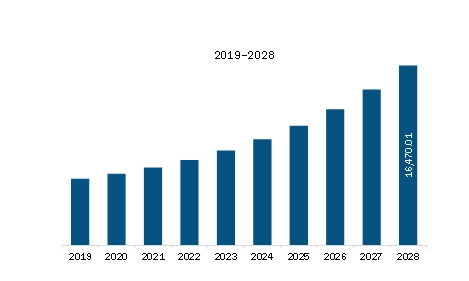Event Industry Indicators

Event Industry Indicators
In the field of exhibitions, conferences, and events, several global indicators are used to assess the performance of countries and the development of their event industry. Among these indicators:
- ICCA (International Congress and Convention Association) Index: Measures the ranking of countries and cities based on the number of international conferences and meetings hosted annually. It relies on:
- UIA (Union of International Associations) Index: Ranks countries based on the number of officially registered international meetings and conferences, focusing on those organized by associations and international organizations.
- MICE (Meetings, Incentives, Conferences, and Exhibitions) Index:Evaluates the development of the event sector based on infrastructure, provided services, and the number of international meetings and exhibitions. It relies on:
- Mega Events Index: Measures a country's ability to organize major global events such as international expos (e.g., Expo) and sports championships (e.g., World Cup, Olympics). It includes:
- Sustainable Event Destinations Index: Focuses on the sustainability of the event sector in countries by reducing the environmental impact of events and implementing eco-friendly practices.
- Event Innovation Index: Measures the level of innovation and technology used in the event industry, including:
- Visitor Experience Quality Index: Focuses on evaluating the experience of participants and visitors in exhibitions and conferences. It includes:
- Investments in Exhibitions and Conferences Index: Evaluates the size of national and international investments in developing event-related infrastructure (e.g., constructing new exhibition centers).
- The number of organized international events.
- The diversity of sectors targeted by the conferences.
- The continuity and sustainability of event organization.
- The availability of facilities and infrastructure (e.g., convention centers, hotels).
- The quality of logistical services.
- The number of participants and the size of events.
- Infrastructure.
- Organization and promotion.
- The impact of events on the economy and tourism.
- The use of virtual and digital technologies.
- Methods of audience interaction.
- The level of organization.
- The quality of content.
- Customer satisfaction.
How Do These Indicators Impact General Global Indicators?
Indicators related to exhibitions, conferences, and events, such as ICCA and MICE, have direct and indirect impacts on several general global indicators (e.g., economic, developmental, and sustainability indicators). Below is an explanation of their interrelation:
1. Impact on Economic Indicators:
- Stimulating Economic Growth: Hosting conferences and exhibitions enhances sectors such as tourism, hospitality, transportation, and logistics.
- Attracting Investment: Organizing major events highlights a country's organizational capabilities, encouraging global companies to invest.
- Diversifying Income Sources: The events sector is a driver of economic diversification, especially for countries that rely on traditional sectors (e.g., oil).
2. Impact on Human and Social Development Indicators:
- Enhancing Education and Skills: Conferences provide opportunities for learning and knowledge exchange among local and international participants.
- Improving Living Standards: Expanding the sector creates more direct and indirect job opportunities.
- Increasing Cultural Openness: Hosting international events fosters cultural and social interaction, positively influencing quality-of-life and happiness indices.
3. Impact on Environmental Indicators:
- Promoting Sustainability: Many global conferences and exhibitions adopt sustainability standards, such as reducing carbon emissions and managing waste effectively.
- Showcasing Environmental Solutions: Events focused on environmental topics help countries promote awareness and demonstrate global efforts.
4. Impact on Political Indicators:
- Enhancing a Country's Global Image: Hosting major international events reflects stability and organizational capabilities, improving rankings in peace and sovereignty indices.
- Encouraging International Partnerships: Conferences serve as platforms for global collaboration, strengthening the country's relations with the international community.
5. Impact on Innovation and Technology:
- Developing Technological Infrastructure: The events sector necessitates advanced technologies (e.g., virtual and augmented events), contributing to the growth of the digital economy.
- Fostering Innovation: Scientific and technological conferences drive improvements in global innovation rankings.
Summary of the Relationship Between Indicators:
- Event-related indicators strengthen general indicators by showcasing a country’s ability to organize, innovate, and attract investments, reflecting positively on its economic and social standing.
- Improving performance in the event sector is a pathway to achieving comprehensive progress in economic, social, and political domains, thereby enhancing a country's ranking in various global indicators.